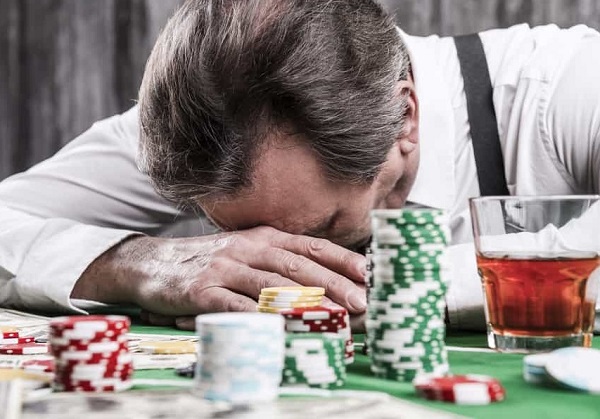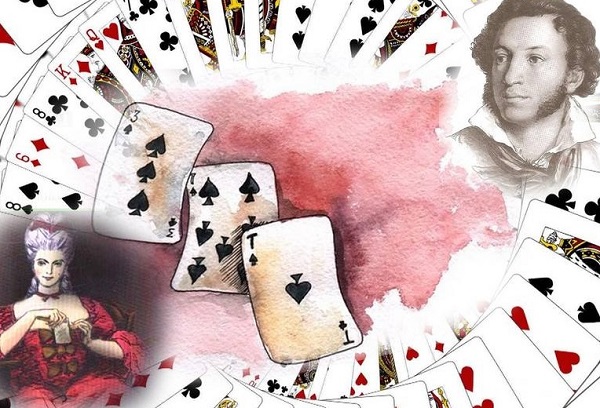Legendary card game losses

Thanks to gambling, the powerful get rich, millionaires and writers become insane and the desperate poor get one last chance to get rich.
The old man and the cards
In the spring of 1995, an unkempt-looking old man – not even wearing shoes – showed up at the door of Treasure Island Casino in Las Vegas. Rumor had it that his old lady had kicked him out, not giving him time to put on his shoes. For this he was nicknamed Barefoot Joe.
The old man had with him a small sum of money issued by the social security fund. The security guards at the gambling house, after looking at such an un-presentable visitor, still allowed him in. Money doesn’t smell, and this guest was clearly not going to get anything.
The old man sat down at a blackjack table. And many were surprised when Barefoot Joe started to get unbelievably lucky, even though he wasn’t using any of the known card strategies. Within days, the old man had lightened the pockets of the Treasure Island owners by about a million quid!
The lucky guy was checked by the establishment’s security, but nothing criminal was found behind him. So they decided to dress the old man up, gave him guards, put him in a hotel at the casino, provided him with a limousine, and did everything possible to prevent him from leaving to play in another gambling establishment.
All the money won must eventually be returned to the gamblers! That is the rule. The plan succeeded, and when fortune turned away from the gambling old man, he began to lose constantly and was left without his million dollars.
But before becoming a penniless philistine again, Barefoot Joe lived like a king and a dabbler of fortune for a whole week. Incidentally, one of the film companies decided to adapt the story and bought the right from the old man for $10000. When the contract was signed, Joe met Hollywood star Kevin Costner, who represented the buyer’s side.

“Eugene Onegin” as a betting card
Alexander Pushkin was not a great poet to Moscow police officers of the time, but only an inveterate card player. The law-enforcement bodies kept such people on a pencil and could expel them from the capital by a court decision, as gambling is recognized as illegal. And Alexander Sergeyevich had a lot of gambling, but he played poorly and was much more often a loser than a winner. And if he was left without money, he would start gambling, just imagine, his unpublished works.
In 1826, fate took Pushkin to Pskov. In the city he decided to write the seventh chapter of “Eugene Onegin”, but instead he spent days at the brothel, stayed without money, staked the manuscript of the fourth chapter and lost it.
The fifth chapter of the future great poem became a bet already in Moscow. Pushkin’s opponent was his distant relative Alexander Zagryazhsky. He knew that publishers willingly pay a lot for the poet’s works, so his bet was accepted. As a result, Zagryazhsky became the new owner of the fifth chapter. And then Pushkin took out his dueling pistols. No, he was not going to shoot with a lucky relative. They too became a wager, and this time Alexander Sergeyevich was lucky – he won back everything, including the money.
A gambling composer
Pianist and composer Dmitri Shostakovich once bet on his favourite redwood grand piano. The venue was the Leningrad Music Hall. Parties of preference followed one after the other, and it was getting late in the morning. Shostakovich had bad luck that night against his regular rivals at cards: theatre director Mikhail Padvo and conductor Isaak Dunayevsky. Not only was he left without all his cash, but he also had to play 40 concert numbers for free.
In the heat of excitement, Shostakovich shouted: “I’ll play my piano!” Alas, his luck again ran out – the valuable property ended up in Dunayevsky’s hands. In addition, Isaak Osipovich became the owner of Shostakovich’s only jacket at the time. And the musical instrument was soon bought back by the singer Klavdia Shulzhenko.
